In the context of the country entering a new development stage, with urgent requirements for sustainable growth, transformation of the development model and enhancement of national competitiveness, identifying science, technology and innovation as the central pillars is becoming more urgent than ever.
Resolution No. 57-NQ/TW of the Politburo on breakthroughs in science, technology, innovation and national digital transformation is considered a breakthrough in thinking and action, demonstrating high political determination in opening up and maximizing the potential of science and technology to serve the country's development.
Sharing about the spirit and some core contents of Resolution 57, Associate Professor, Dr. Le Bo Linh, former Deputy Chairman of the National Assembly's Committee on Science, Technology and Environment, said that Resolution 57 demonstrates the determination of the Party and State, inheriting, concretizing and demonstrating higher political determination than previous policies in the 2013 Constitution, Party documents and the current legal system in implementing orientations for the development of science, technology, innovation and digital transformation.
Institutional breakthrough, removing development barriers
According to Associate Professor Le Bo Linh, the current mechanism for science and technology development still has many barriers, from the mechanism for proposing scientific and technological tasks, investment mechanisms, implementing topics and projects to commercializing research results, protecting intellectual property and linking science and technology with economic and technical sectors...
Overall, the institution for science and technology is still heavily subsidized and administrative, not suitable for the market economy and international integration. Therefore, it is necessary to innovate the creation of a legal environment to promote science and technology activities, innovation, and focus on enterprises.
Before thinking about issuing new laws, it is necessary to review the entire current legal system to eliminate regulations that are hindering development; there are barriers that do not come from implementation capacity but from the mechanisms, policies and organizational mechanisms.
Another important point mentioned by Associate Professor Le Bo Linh is the protection of scientists' freedom of creativity.
According to Associate Professor Le Bo Linh, technology cannot develop in an environment that is heavily administrative and lacks encouragement.
"The 2013 Constitution stipulates that citizens have the right to freedom of creativity, the right to conduct scientific and technological research, and to enjoy the results of creative activities, but reality shows that we do not have enough mechanisms to protect and encourage this right. To develop innovation, we must create a free and equal environment where scientists can proactively propose ideas, conduct research, and link research to the practical needs of the market and society," said Associate Professor Le Bo Linh.
Increase investment and link research with the market
According to Associate Professor Le Bo Linh, besides institutional reform, increasing investment in science and technology is also an urgent issue.
Currently, the rate of investment in research and development (R&D) from the state budget is still very low, not commensurate with the role of science and technology in economic growth.
Resolution 57 sets a target of increasing the ratio of spending on R&D to 2% of GDP by 2030. However, because Vietnam's GDP is still modest, the absolute figure for R&D investment is still quite low.
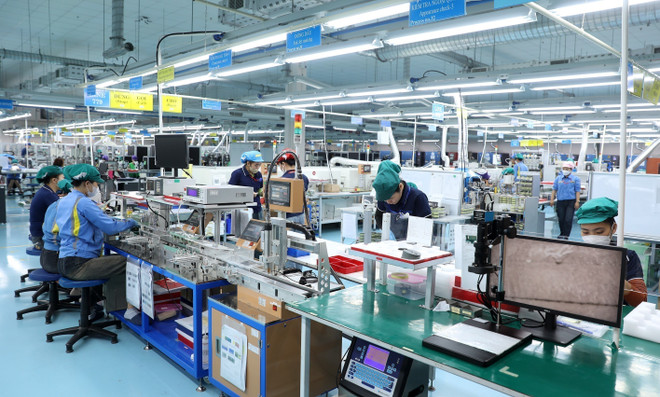
In addition, Associate Professor Le Bo Linh said that there should be an effective mechanism to encourage businesses, especially the private sector, to boldly invest in scientific and technological research, innovation, especially in new fields and strategic technologies; it is necessary to consider policies to exempt or completely reduce taxes for these investments in a number of key areas, and to prioritize new areas to encourage the business sector to strongly participate in innovation.
Associate Professor Le Bo Linh also recommended that the State should develop specialized financial mechanisms such as venture capital funds or specialized science and technology development funds to ensure the continuity and sustainability of capital flows for research and innovation.
"Investment in science cannot be based on scattered, fragmented topics, but requires an overall strategy, key research centers, and investment funds with long-term vision. In addition, it is necessary to link research facilities, institutes, schools with businesses and manufacturing industries. Linking institutes, schools, and businesses not only helps to link research with practical needs but also creates conditions for commercializing research results. This is currently the weakest link in the science and technology value chain in Vietnam," said Associate Professor Le Bo Linh.
From practical experience in developing policies for the development of science, technology and innovation, Associate Professor Le Bo Linh also said that Resolution 57 of the Politburo, together with Resolution No. 193/2024/QH15 of the National Assembly on piloting a number of special mechanisms and policies to create breakthroughs in the development of science, technology and innovation, have created new breakthroughs in orientation, viewpoints, and mechanisms to promote science, technology, innovation and digital transformation activities. However, it is important to turn those orientations into specific, feasible policies with inter-sectoral coordination during the implementation process.
"Science and technology will not be able to develop if it continues to be bureaucratized, subsidized or viewed as a career activity of the administrative apparatus. This is a special economic sector, the core of the digital economy, where knowledge, innovation and the market combine; we must act with a strong spirit of reform, modern thinking and effective methods. Only by applying market principles in a practical way can we increase competitiveness, create motivation for innovation, shorten the process from research, invention, patenting to product commercialization, and at the same time closely link science and technology activities with practical needs," Associate Professor Le Bo Linh emphasized./.
Source: https://www.vietnamplus.vn/khai-mo-tiem-luc-khoa-hoc-cong-nghe-phuc-vu-phat-trien-dat-nuoc-post1026951.vnp





![[Photo] Magical moment of double five-colored clouds on Ba Den mountain on the day of the Buddha's relic procession](https://vphoto.vietnam.vn/thumb/1200x675/vietnam/resource/IMAGE/2025/5/9/7a710556965c413397f9e38ac9708d2f)
![[Photo] Prime Minister Pham Minh Chinh chairs a special Government meeting on the arrangement of administrative units at all levels.](https://vphoto.vietnam.vn/thumb/1200x675/vietnam/resource/IMAGE/2025/5/9/6a22e6a997424870abfb39817bb9bb6c)
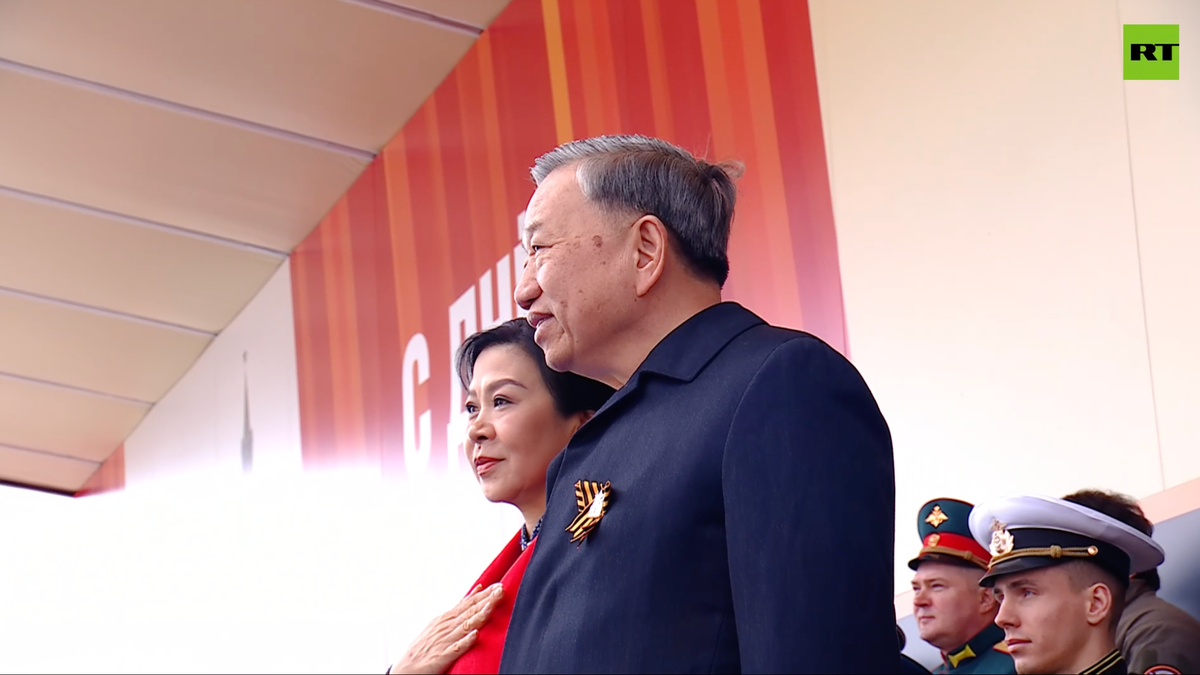



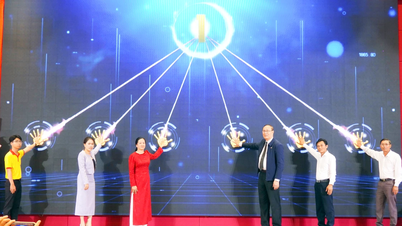








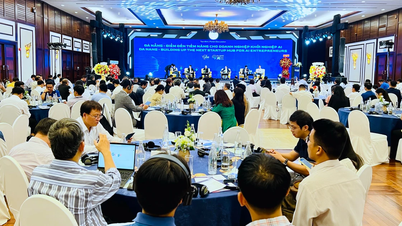


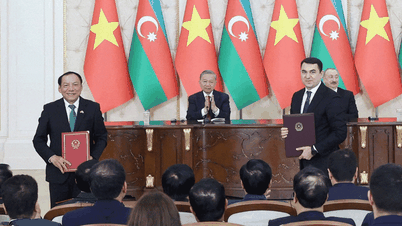











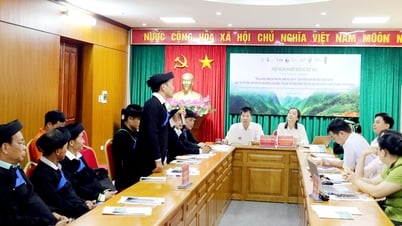




















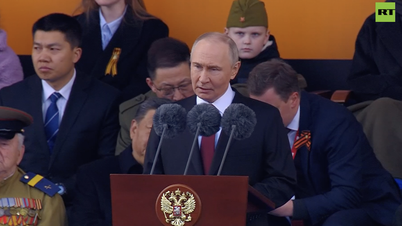










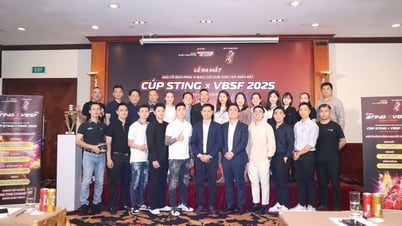

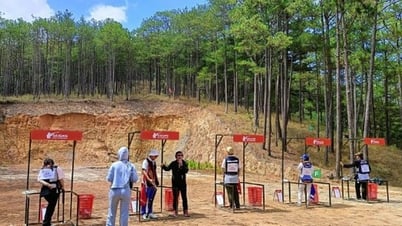
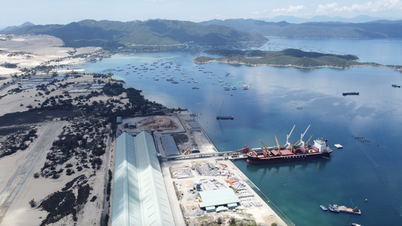

![[LIVE] MILITARY PARLAY TO CELEBRATE THE 80TH ANNIVERSARY OF VICTORY IN THE WORLD PATRIOTIC WAR](https://vphoto.vietnam.vn/thumb/402x226/vietnam/resource/IMAGE/2025/5/9/cc9a3d18f01946a78a1f1e7c35ed8b31)



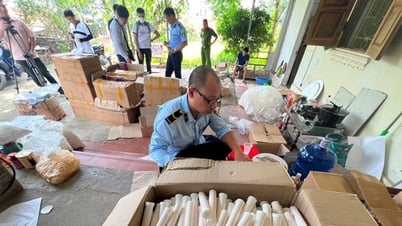

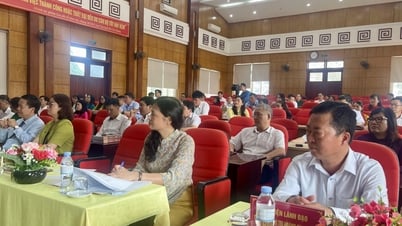

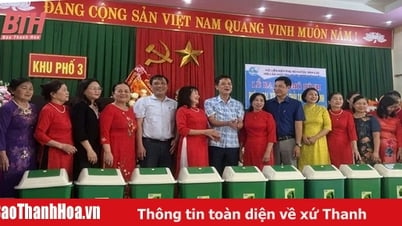










Comment (0)